Fifty-four Academy Awards and 267 nominations. That’s the sort of concrete impact the Black List has had since launching in 2005 as Hollywood insiders’ go-to index of emerging screenwriters. The Social Network, Edge of Tomorrow, Selma, Don’t Worry Darling—each one started as a submission on the Black List.
“I knew there were great writers and great scripts that existed outside of the Hollywood ecosystem,” its founder Franklin Leonard says. “I wanted to find a way for that to benefit everybody.”
With success came growth, and growth brought opportunity. Established as a website in 2012, the Black List has since proved itself a fundamental resource for agents, producers, and studios in search of their next hit. Across its nearly 20 years, it has platformed thousands of screenplays and television pilots. Today it boasts some 7,000 entertainment professionals.
In September, Leonard took another leap—expanding into the world of books. The Black List now hosts fiction manuscripts. To help navigate the unfamiliar meadows of publishing, he brought on board Randy Winston, the former director of writing programs at New York’s Center for Fiction and a kingmaker in his own right.
As for how it works: Interested writers create a profile (free), upload their novel-length manuscripts of any genre ($30 a month), and, if they so choose, can pay for expert feedback from literary professionals via the site ($150). Like the annual Black List, the best manuscripts are featured in Leonard’s subscriber newsletter and guaranteed to land in the inbox of publishing industry power players.
Curious about the expansion, I phoned Franklin to hear how he again plans to capture lightning in a bottle.
JASON PARHAM: There’s no nice way to ask this, so I’ll just ask it. What makes you think you can pull this off again?
FRANKLIN LEONARD: It’s a fair question [laughs]. And I’ll be honest, I was loath to jump into it. It’s not a great look to be like, “I’m from Hollywood and I’m here to save you.”
Yes, I know the Hollywood savior complex well.
And that was the last thing I wanted to do. I built this thing specifically to solve the problem and a system that I saw in Hollywood. I didn’t work in books, so I didn’t want to be presumptuous and assume that you just take that and apply it. So last year, Allie Sanders, a book agent at Anonymous Content, set up a series of meetings for me. She said, “You tell people how you plan to do this, and ask them to tell you where you are wrong.” I was very happy to discover that people were like, there’s a need for this. The question became, how does this model need to be shifted so that it can be successful?
There’s an obvious need for it, as you said, but only because of very obvious problems endemic to institutions like Hollywood and publishing. Why are they so reluctant to change?
There’s a lot of reasons. The most material one is actually just a practical one: There is a superabundance of material. There are more screenplays written every year than any one person could read, or any small group of people could read. There are more novels written every year than any editorial staff of a publishing house could read.

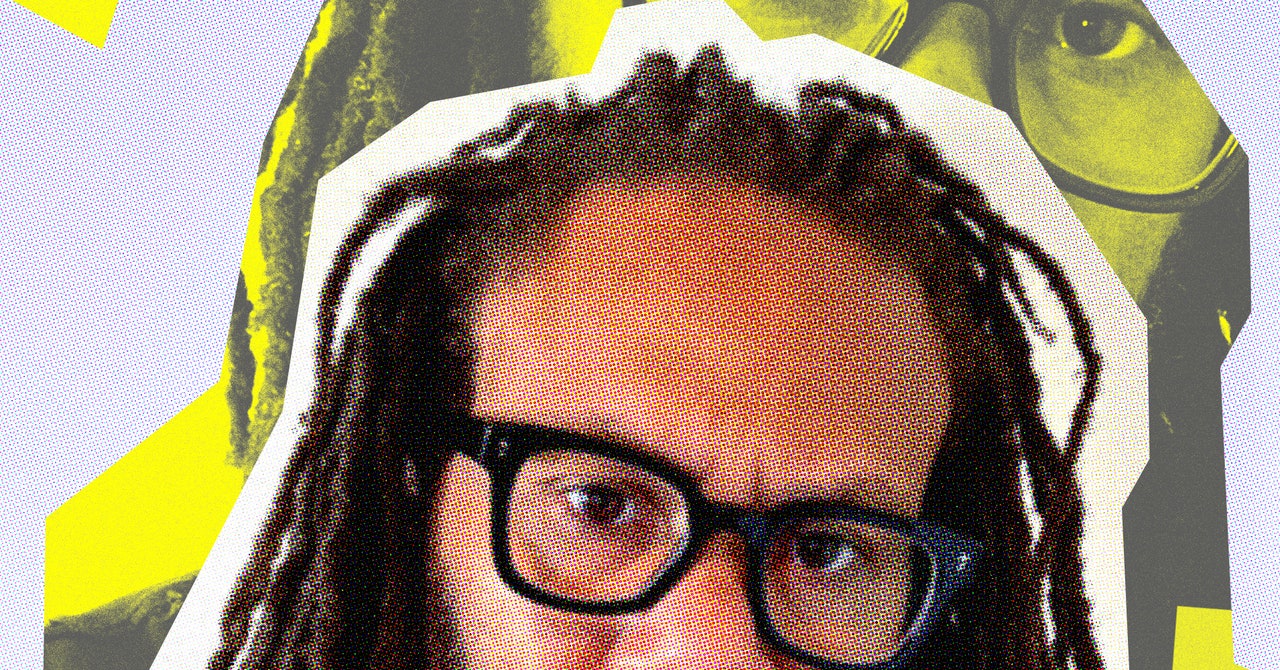

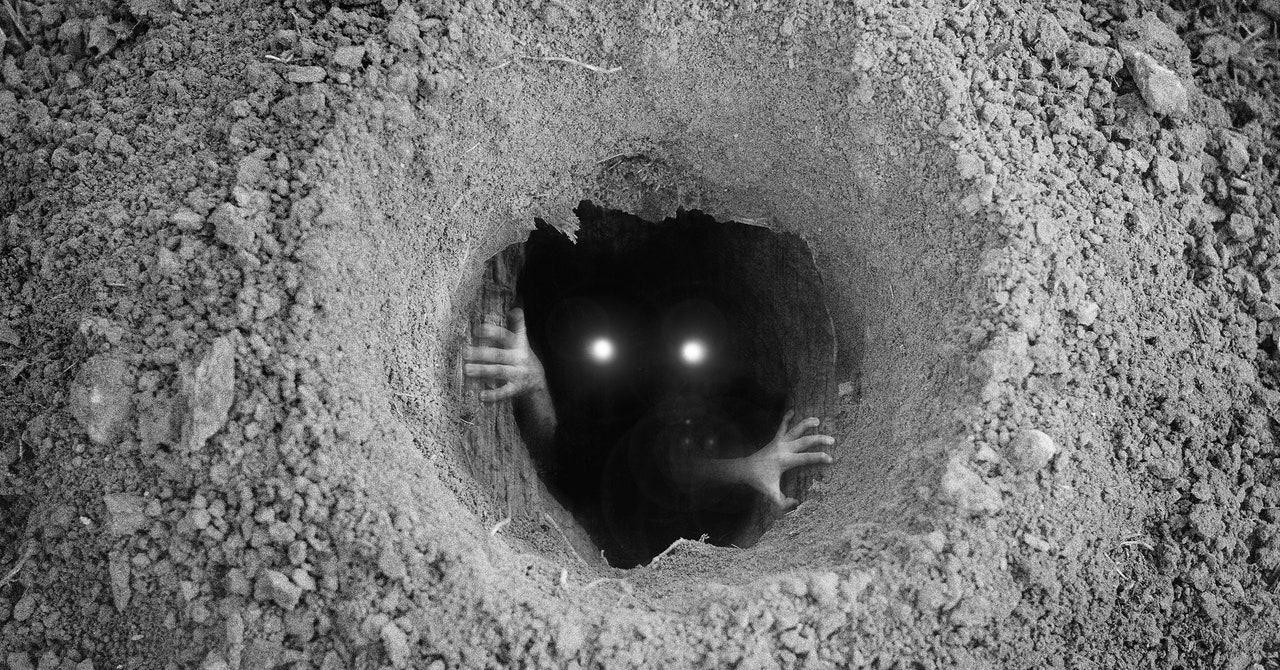
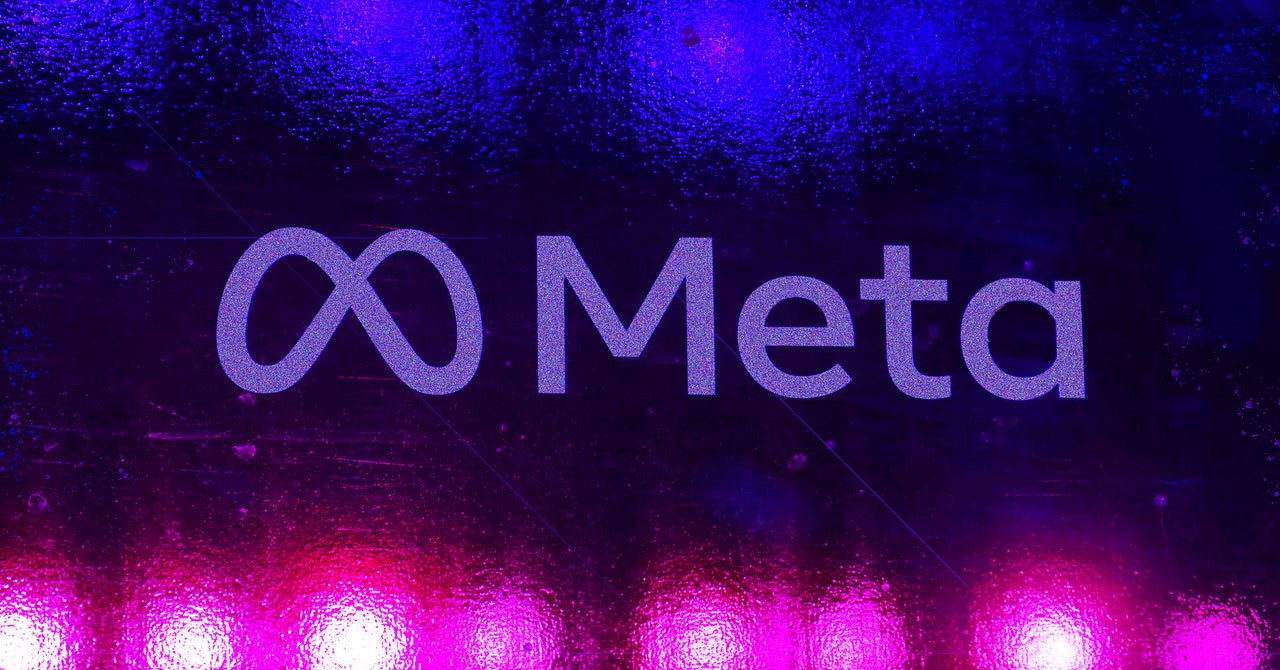


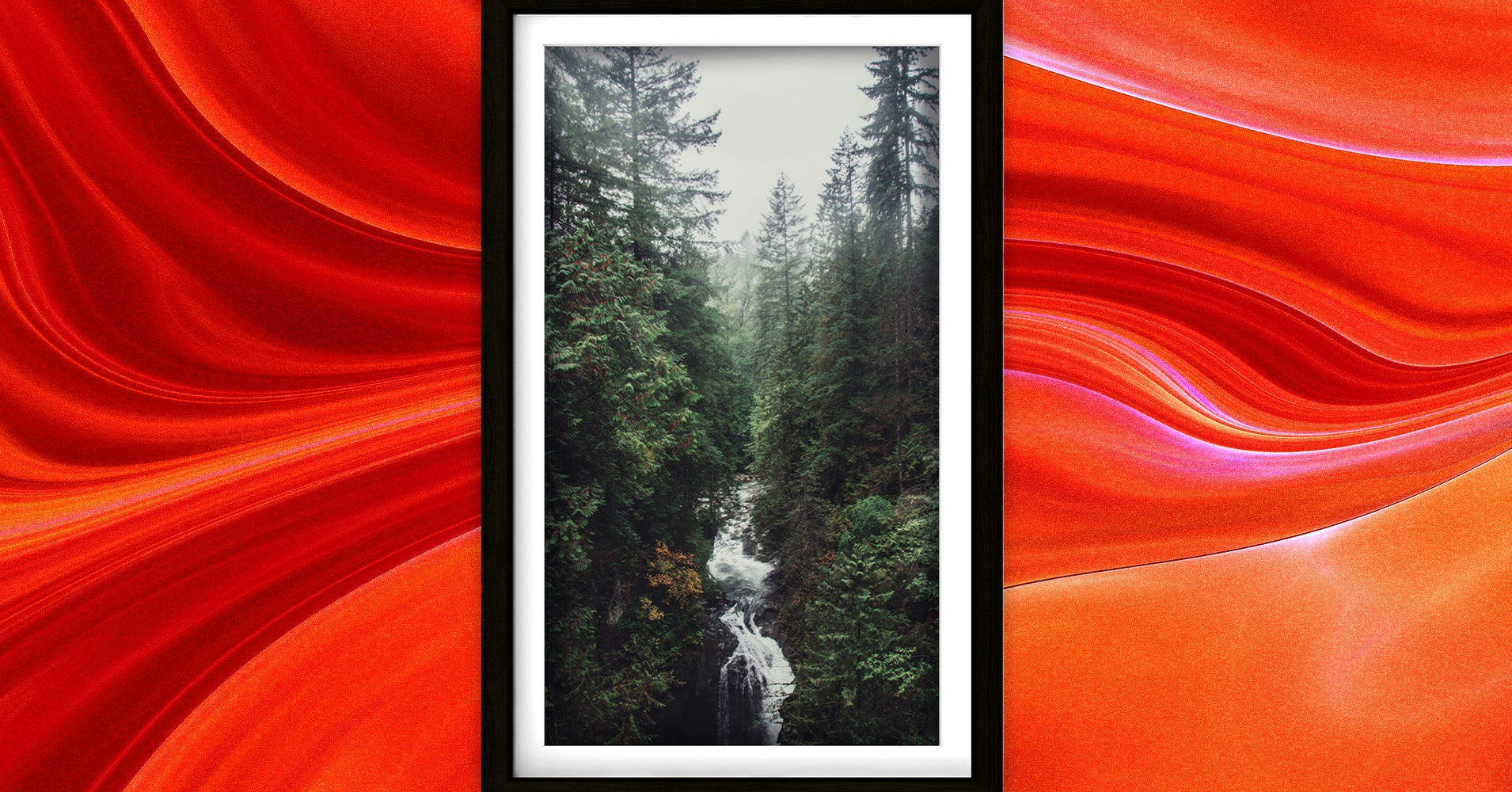

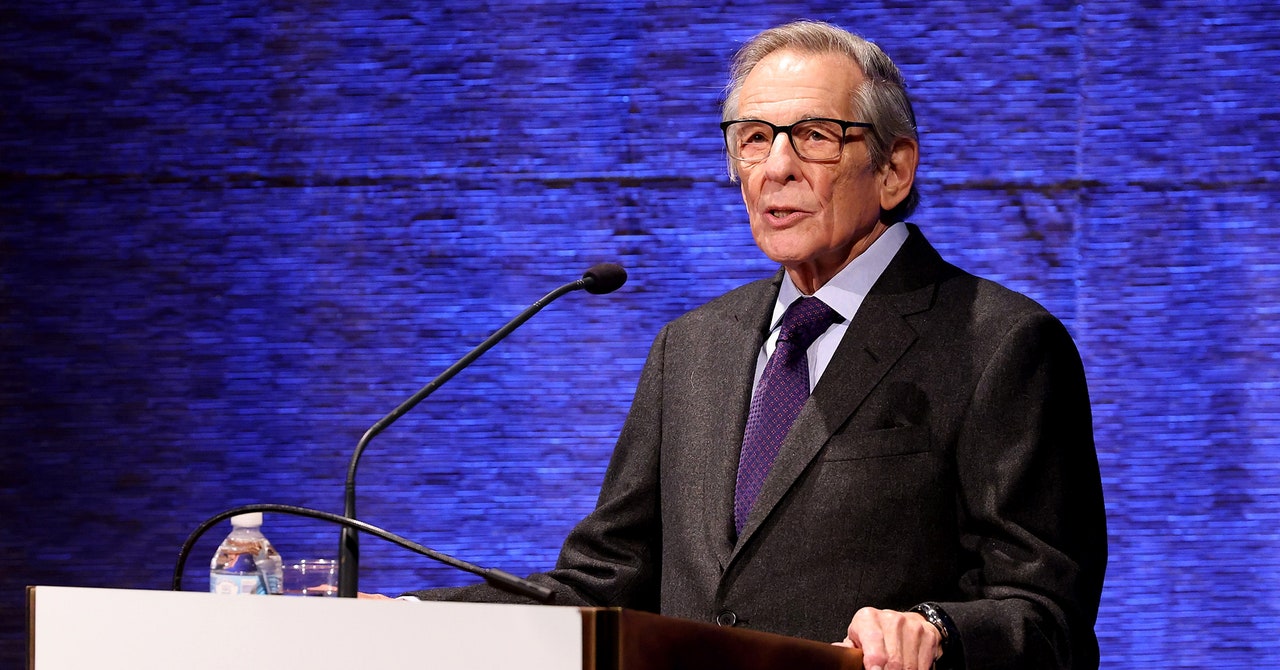




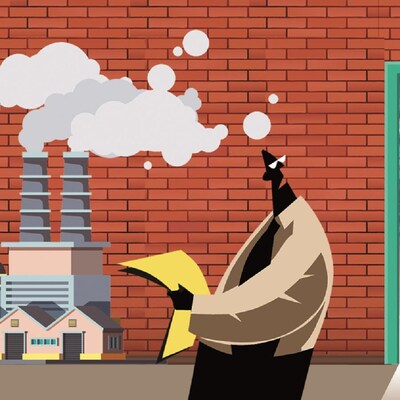
Leave a Reply